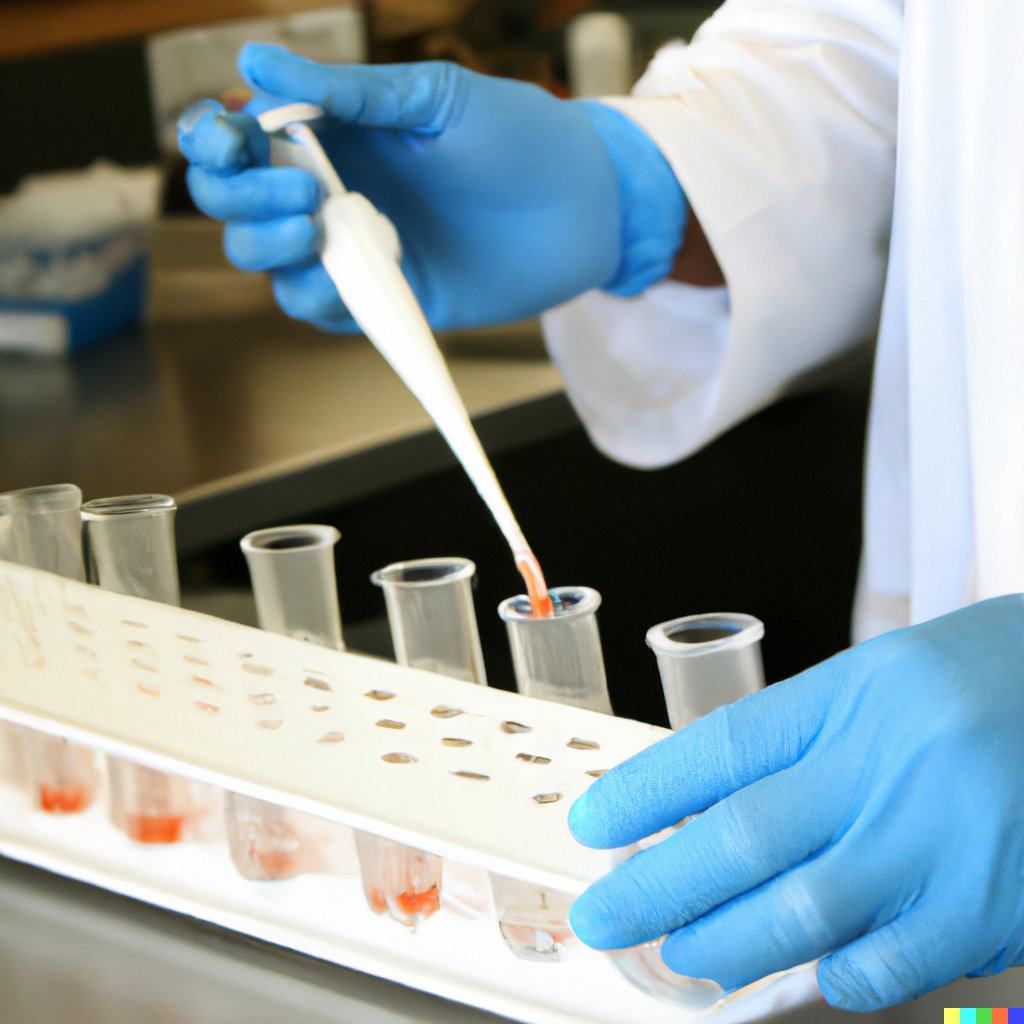Available Technologies
# of Displayed Technologies: 7 / 7
Applied Category Filter (Click To Remove): Small Molecules
 Dual Androgen Receptor/AKR1C3 Inhibitors for Prostate Cancer
Dual Androgen Receptor/AKR1C3 Inhibitors for Prostate Cancer
TS-062605 — The Need:
Castration-resistant prostate cancer (CRPC) poses a significant challenge in oncology, with existing therapies often leading to resistance and disease progression. Key drivers of resistance include the androgen receptor (AR) and aldo-keto reductase family 1 member C3 (AKR1C3). Novel treat…
- College: College of Pharmacy
- Inventors: Li, Pui-Kai "Tom"; Cheng, Xiaolin; Kong, Xiaotian; Xing, Enming
- Licensing Officer: Schworer, Adam
LLL12b: a novel STAT3 inhibitor to treat MS and other autoimmune and inflammatory diseases
TS-038701 —
Modality: Small-molecule prodrug that targets the IL-6/STAT3 signaling pathway
Stage of Development: Extensive in vitro and in vivo efficacy (3 MS models, incl. relapsing-remitting EAE); preliminary safety
Patent Status: Pat. no. 11,420,946 (US); appl. 17/821,286 (US); appl. 18860926.7 (EP); app…
- College: College of Medicine (COM)
- Inventors: Yang, Yuhong; Li, Chenglong; Racke, Michael
- Licensing Officer: He, Panqing
Novel Small-Molecule Integrin-linked Kinase/Phosphoinositide-dependent Protein Kinase-2 Inhibitors
TS-037647 — A novel set of molecules that inhibit integrin-linked kinase in order to suppress tumor cell growth and metastasis.
The Akt signaling pathway is responsible for apoptosis, cell proliferation, and metabolism. In tumor cells, this pathway is up-regulated and aids in promoting cancer cell survival. Complete activation of Akt pathway requires phosphorylation at two amino-acid residues, which are phosporylated by se…
- College: College of Pharmacy
- Inventors: Chen, Ching-Shih; Kulp, Samuel; Lee, Su-Lin
- Licensing Officer: Taysavang, Panya
Small Molecule AR-Ablative Agents
TS-014842 — A new strategy for using androgen receptor ablative agents has been developed for prostate cancer therapy.
Hormone-refractory prostate cancer is incurable, and patients with this disease have few treatment options. Dysregulation of the androgen receptor (AR) is a hallmark of this incurable cancer. Molecular changes during cancer enhance AR sensitivity or permit AR activation by antiestrogen so that pro…
- College: College of Pharmacy
- Inventors: Chen, Ching-Shih; Wang, Dasheng; Yang, Jian
- Licensing Officer: Taysavang, Panya
Novel Indole-3-Carbinol-Derived Antitumor Agents
TS-014815 — An anti-tumor agent developed from indol-3-carbinol, a naturally occurring phytochemical in cruciferous vegetables.
According to the Center for Disease Control and Prevention, cancer is the second leading cause of death in the US at approximately 600,000 deaths per year. In addition, the National Cancer Institute estimates that nearly 1.7 million cases of cancer are diagnosed each year. A report from U.S. News …
- College: College of Pharmacy
- Inventors: Chen, Ching-Shih; Weng, Jing-ru
- Licensing Officer: Taysavang, Panya
Novel Protein Kinase C Delta Activators
TS-014754 — A novel anti-cancer agent (OSU-2S) that is devoid of S1P1 receptor activity and is highly effective in suppressing hepatocellular carcinoma tumor growth in vivo.
The third leading cause of cancer death worldwide is hepatocellular carcinoma (HCC). Due to the rise in the incidence of hepatitis C virus infection, HCC is expected to increase in the United States. Many patients with HCC are not candidates for surgery because of the location or size of their tum…
- College: College of Pharmacy
- Inventors: Chen, Ching-Shih; Byrd, John; Kulp, Samuel; Muthusamy, Natarajan; Wang, Dasheng
- Licensing Officer: Taysavang, Panya
Glucose Transporter Inhibitors (GLUT1 Inhibitors)
TS-014734 — A potential cancer treatment that suppresses the ability for cancer cells to intake glucose, thereby hampering cancer cell production.
A fundamental property of neoplastic cells is the shift in cellular metabolism from oxidative phosphorylation to aerobic glycolysis. This glycolytic shift, called the Warburg effect, enables cancer cells to adapt to low-oxygen microenvironments, to generate biosynthetic building blocks for cell pr…
- College: College of Pharmacy
- Inventors: Chen, Ching-Shih; Kulp, Samuel; Wang, Dasheng
- Licensing Officer: Taysavang, Panya
